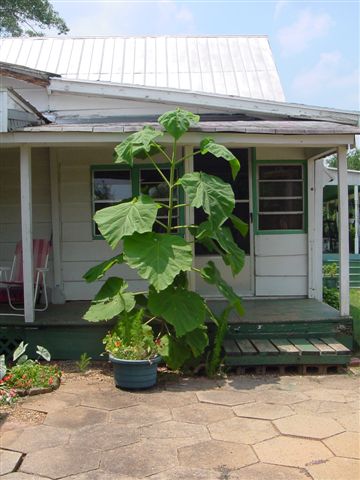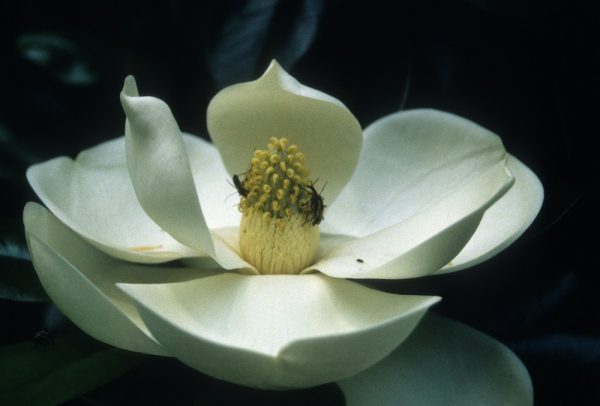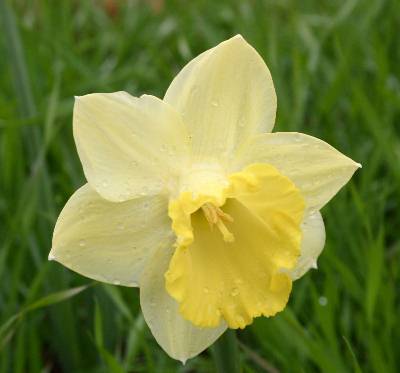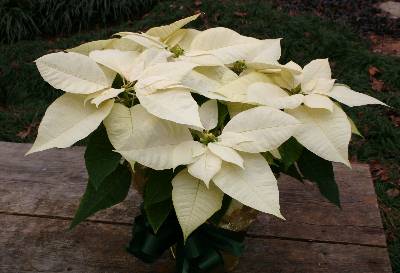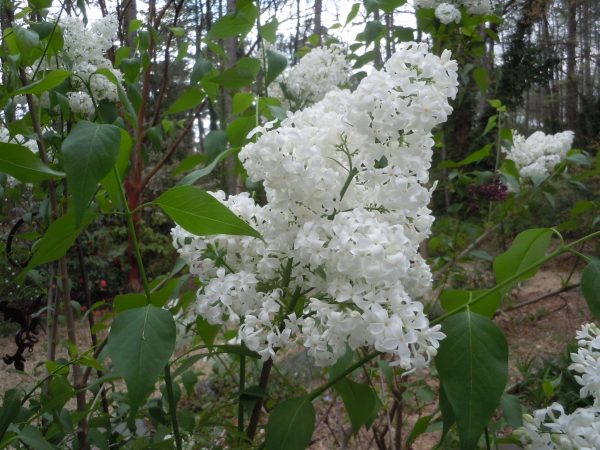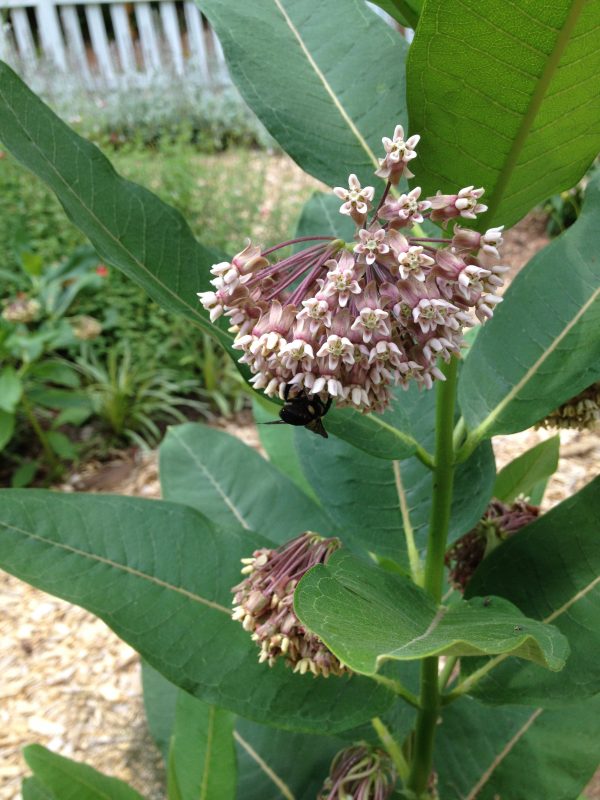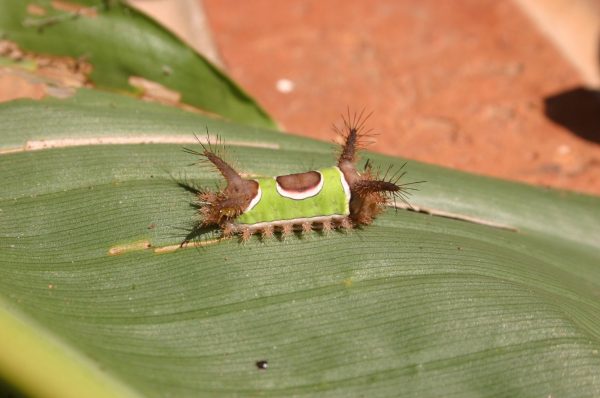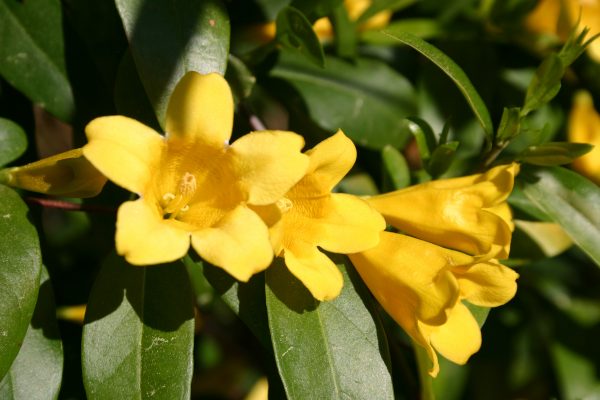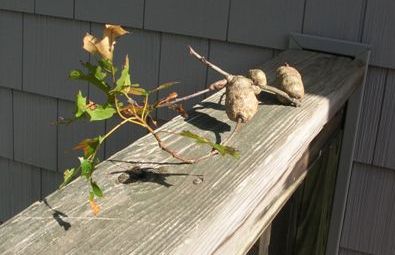Fescue – General Notes
Information taken from
The Revised Georgia Gardener’s Guide
Walter Reeves and Erica Glasener
Tall fescue is a fast-growing turfgrass that maintains some shade of green year-round. It looks best fall through spring, but has problems when grown on hard soil and in full sunshine. It is usually planted from seed but fescue sod is increasingly popular. Seed companies have improved the old standard ‘Kentucky-31′ fescue with numerous introductions of named turf-type tall fescue. ‘Rebel’, ‘Anthem’, ‘Plantation’ and several other selections are desired brand names. The turf-type tall fescues rate higher than ‘Kentucky-31′ fescue in comparison trials. No one turf-type fescue stands head and shoulders above all of the others in all situations. It is more important to establish and care for tall fescue properly than to look for the miracle tall fescue seed that will solve all of your lawn problems.
Color and Texture
Evergreen; ‘Kentucky-31′ is lighter green than the turf-type varieties
Recommended Mowing Height
2 inches to 3 inches
Light Requirements
full sun, Part sun
When, Where, and How to Plant
Plant tall fescue seed in the fall, between September 15 and the end of October, so the seedlings will have plenty of time to become strong in preparation for the summer heat nine months hence. Sod can be planted when it is available, December – May. If the ground is tilled before planting, fescue can tolerate full sun and summer drought. When planting a new lawn, till the entire area to a depth of 6 inches and mix in starter fertilizer plus 40 pounds of lime per 1000 square feet. Spread 6 pounds of seed evenly over 1000 square feet. Rake lightly to cover seed with soil, then spread wheat straw over the area–one bale per 1000 square feet. Leave the wheat straw to rot or gently rake it up in six weeks. Fescue can be planted in spring from February to late March but this usually results in less summer heat tolerance.
Growing Tips
Tall fescue is the most shade-tolerant grass for northern Georgia. Lawns with a mixture of shade and sun are prime candidates for tall fescue. Dappled shade is excellent, but fescue will die in constant deep shade. Fertilize tall fescue during its season of rapid growth: from fall to early spring. Apply fertilizer 3 times: September, early November, and mid-February. Use any brand of turf fertilizer at the rate recommended on the bag.
Care
Turf-type tall fescue looks best when mowed 2-3 inches high. In dry summers and when growing in heavy shade, mowing at 3 inches helps the grass tolerate its environment. In hard clay and baking heat, though, tall fescue will thin out and need overseeding next fall. Do not fertilize in summer: brown patch disease is particularly prevalent on lush growth.



